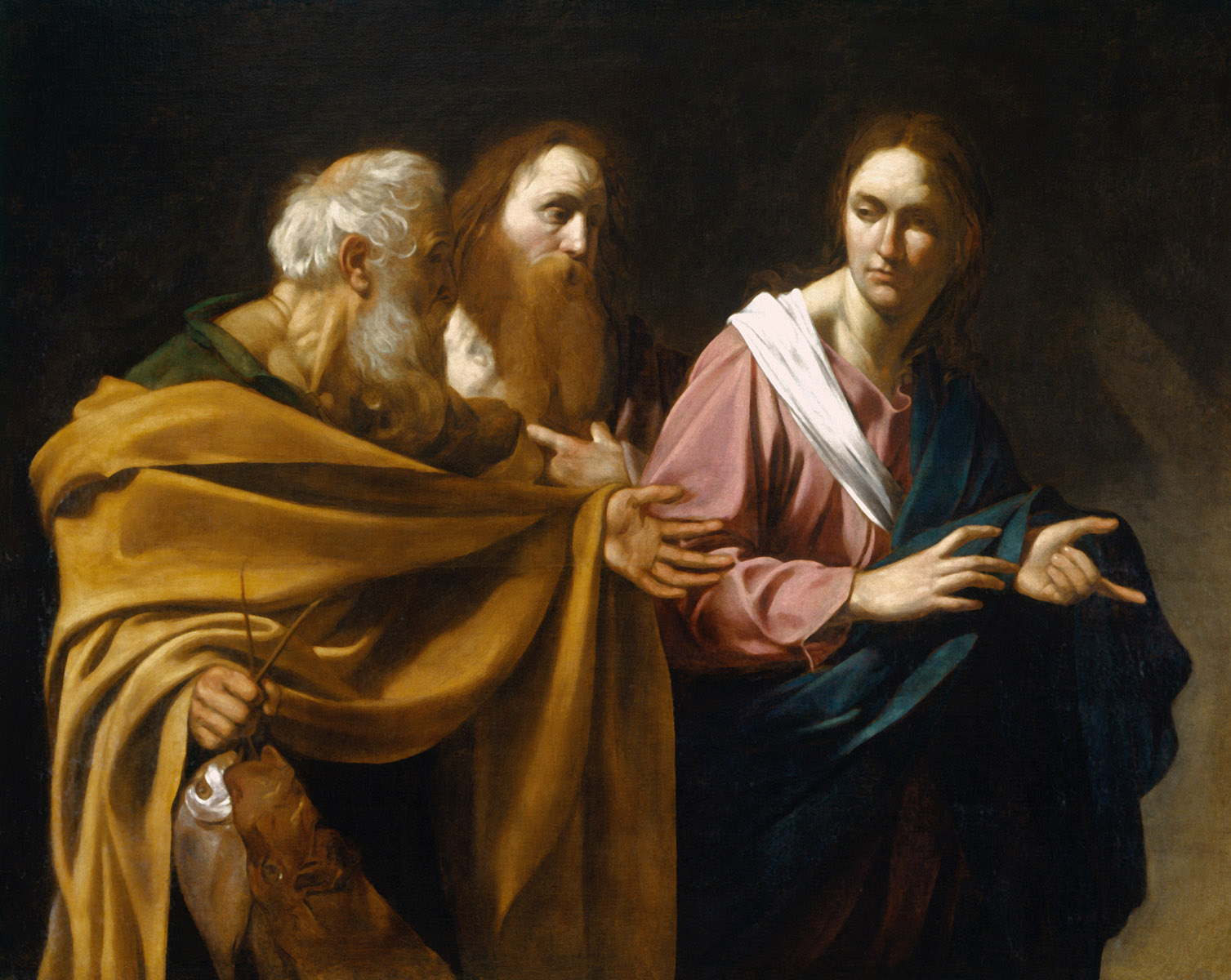Theme: Kingdom
Today we handle the message given to us in parables. Parables are specific literary forms used to deliver a needed message for the ethical purpose to provoke thought and challenge hearers for decisive action. When we accept the invitation from parables and look beyond the words and images we find therein deep teaching that God is intending for us here and now.
First reading: Ezekiel 17:22–24
Great trees that are massive living giants deeply rooted in the earth with their boughs stretched wide across the horizon have been a favourite subject of poets and artists for centuries. Experts of Dendrochronology continually fascinate us with their discoveries. For example, the oldest living tree, a bristlecone pine called Methuselah, has been estimated to have lived for 4,600 years in the California White Mountains. Because of its strength and endurance, the great tree, with birds in its branches became an apt symbol for the great empires which held sway over the world cf. Ezekiel 17:1,31. The toppling of a tree or lopping off of its branches was a way of describing the demise of an empire. In this reading, God compares Israel with a tender shoot, which God plucks off from a branch and plants on good soil. It grows higher than all other shoots and gives fruits in abundance while the other trees wither.
In order to understand today’s first reading, its historical context warrant some consideration. Literarily, these verses form the conclusion of a longer symbolic description of the approaching downfall of Judah in about the year 590 B.C. Historically, Babylon had taken Jehoiachin captive. As king of Judah, he was symbolized by the topmost twig of the tree, snapped off and carried away by a great eagle, Nebuchadnezzer, king of Babylon cf. Ezekiel 17:3-4. Within approximately thirty years, Babylon’s power began to wane. Ezekiel saw this as a sign of hope. Now the longer decapitated tree grown rotten by abuse; Judah was envisionedbyEzekielas being given another chance to flourish. Ezekiel promised that God would take a shoot from the old rotten cedar and plant it on Mount Zion. There, under his watchful care, the shoot would grow into a mighty tree and extend its branches into a big thing. Ezekiel’s words today are meant to plant the seeds of hope preparing us for welcoming the kingdom of God in the gospel. Regardless of all obstacles the kingdom flourishes and grows “without our knowing exactly how it happens” Mark 4:27.
Second reading: 2 Corinthians 5:6–10
Statistics prove how it is hard to satisfy people when it comes to the human body. The small desire to be plumpy while the fat desire and even work for the opposite. The brown dream of being dark, while the black breach their skin in search for beauty. During the time of Paul, most Corinthians were dissatisfied with their bodies and bad for them there was no remedy except death. Amid all this gloom and doom, Christianity injected a positive message when Paul refuted those who did negate the value of the body by reminding them that Christ became incarnate taking on flesh and blood to redeem humanitysoul and body. Christ gave his body as a loving sacrifice for sin and has risen in the body to everlasting glory. Therefore, those who are baptized into Christ’s dying and rising do not become shapeless, dark, short or tall but temples of the Spirit of God and holy people.
In short, Paul confirms to the Corinthians that at the end of this life on earth, God, who will replace our earthly body with a spiritual body cf. 2 Corinthians 5:1 and will hold each person accountable for the life they have lived in the body here and now cf. 2Corithians.5:10. Therefore, rather than live in shame of the body or irrationally waste energy attempting to escape it, we are asked to thrust ourselves, body and soul into the task of committed Christian living in the preliminaries of God’s kingdom here. Contented to do one’s best, Paul teaches that we leave the rest to God; and rather than praying for a longer lifespan or worry at the fact that we wouldn’t always be around to ‘call the shots, we have to long to be athome with God cf. 2 Timothy 4:6-8.
Gospel: Mark 4:26–34
In today’s Gospel, the Kingdom of God is compared with a parable of a farmer who sows seeds and goes off his way, while the seeds grow to maturity and bear the desired fruits in abundance.
This kingdom is even specified as the smallest seed/the mustard seed that grows to become the largest tree that attracts the birds of the air to take shelter under it. The parable of the sower and its lesson is a further explanation that the reign of God will develop and flourish even without our knowing how it happens because God gives and sustains its growth.
These parables for sure are intended to twist and challengethe attitudes of those who labour for the sake of the kingdom. While each has a definite contribution to make, no single person is indispensable that the kingdom will fail in his/her absence. The kingdom will grow “without our knowing how it happens” Mark 4:27. Mustard seeds are so tinny and when planted they grow into a healthy shrub standing four to six meters tall. Using this parable, Jesus assured his followers that even when the reign of God among them may seem small and insignificant at the beginning; it will surely and steadily develop and take shape. The reference to birds of the sky building nests signifies the universal scope of the kingdom, in that all of humankind including saints and sinners, Jews and gentiles are all welcome. The mustard seed parable also depicts the simple, persecuted and neglected that seem to move aimlessly to have a guaranteed destination were to “build their nest therein” Mark 4:32.
In these parables, our Lord brings to our attention the fact that God has sown in our hearts the seeds of his kingdom of love, unity and peace that need to be given chance to grow and multiply. The kingdom of God as good news advocates justice for the poor, the oppressed and the marginalized which is not an easy task to engage. Those directly involved at times get discouraged because their effort seems wasted on a difficult task that is slow to reward. However, as put in 2Corinthians 5:6-10, agents need courage and faith, knowing that the Lord who began this work will bring it to completion.
Closer to our times a great minister of the reign of God has offered us a balanced perspective concerning his role in God’s great plan that is similar to the Mastered Seed. St. Pope John XXIII who initiated the process of putting the Church in touch with the twentieth century once said, ‘the feelings of my smallness and my nothingness have always kept me good company. After John XXIII called for a Second Vatican Council, the enormity of the task at hand began to weigh upon him and rob him of sleep. . . So many people, so many issues, so many concerns, so much work to be done. Peace and restful nights finally came to the pontiff when he admitted, ‘listen, Lord, this Church is yours, not mine. I’m going to sleep’.
Application
Being people of the promise, we should never lose hope because the result will be in our favor. What is expected from each one of us is to work hard and stay committed to its agenda. Even when our faith is small as a mustard seed, we need not to fumble because it is God who sustains its growth no matter the situation. Like all parables, the parable of the sower and mustard seed continues to speak to us, reminding us that the reign of God here, minute as it may appear, it can not be impeded. Our task is to continue praying with the words “Your kingdom come, your will be done on earth as it is in heaven” Mathew 6:10. The Kingdom of God is already here with its destiny on course.
Fr Paulino Mondo









